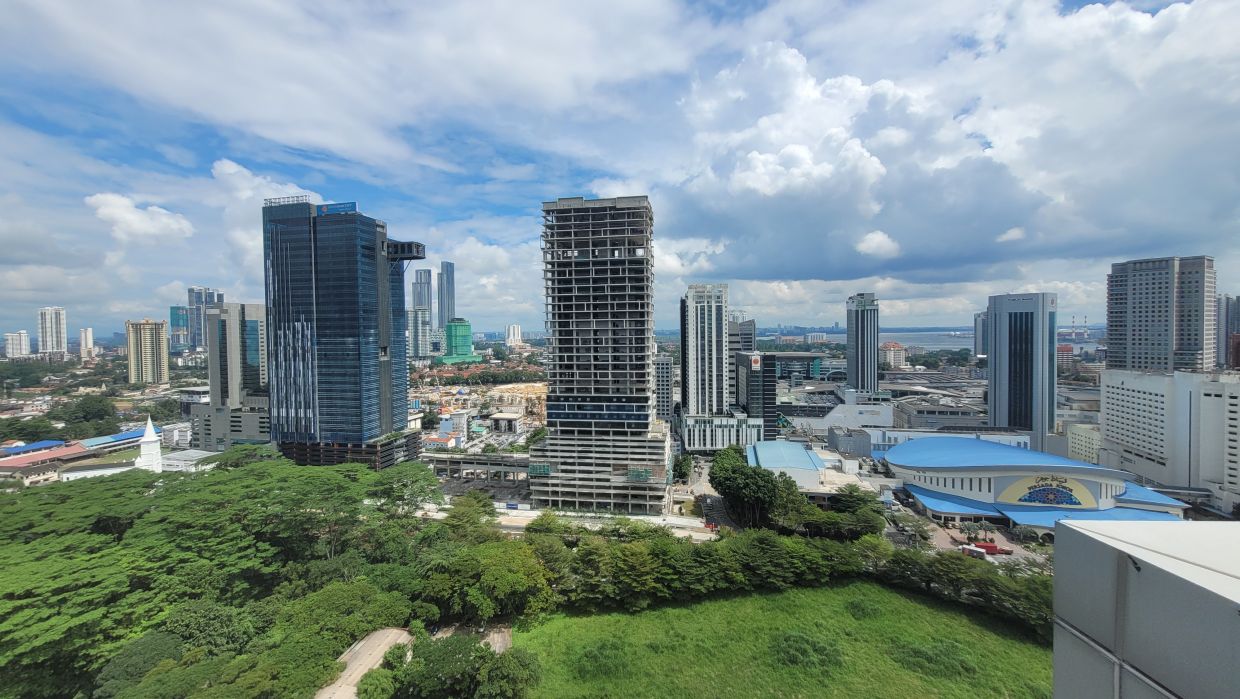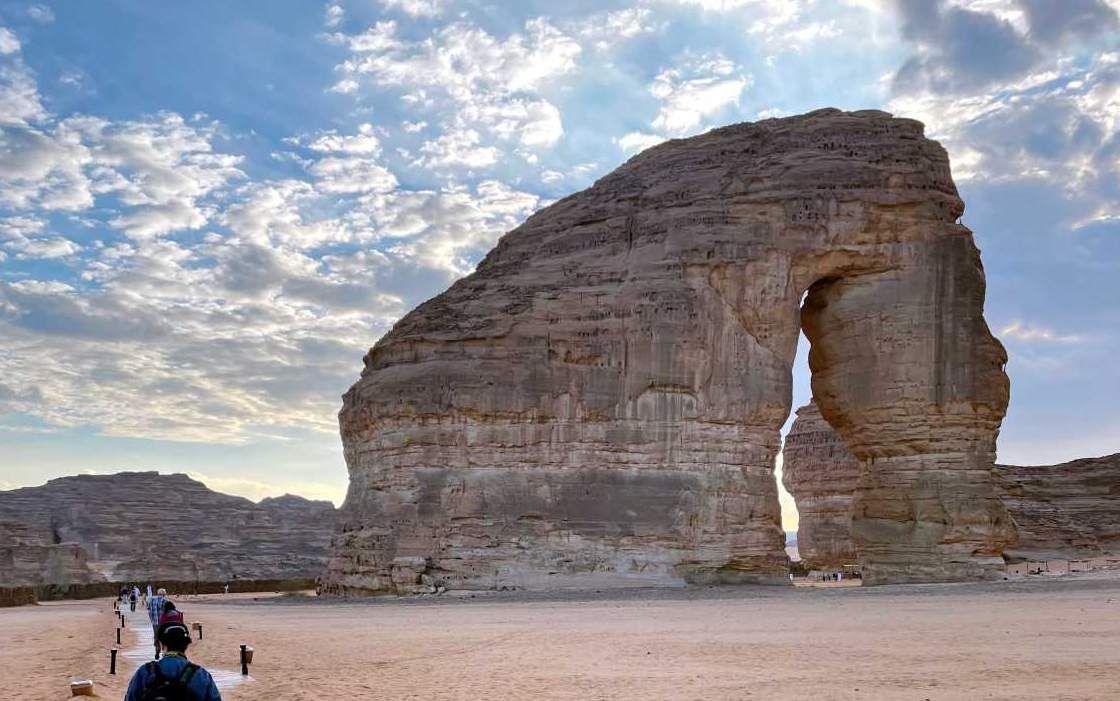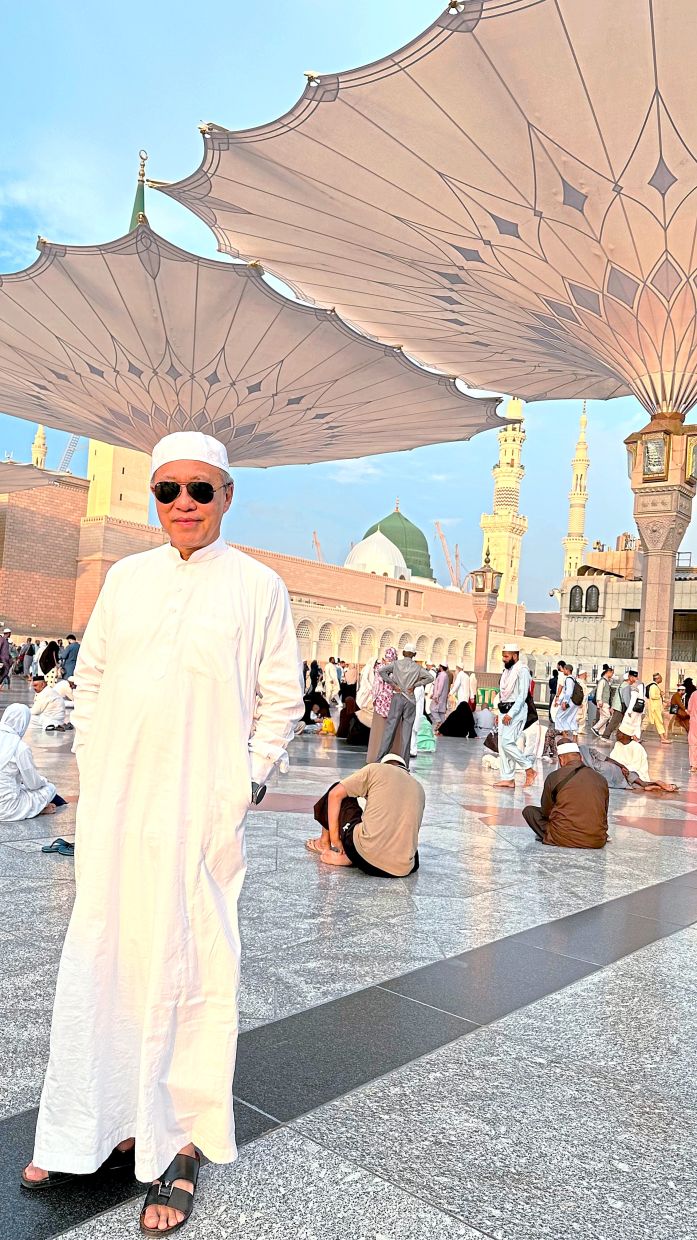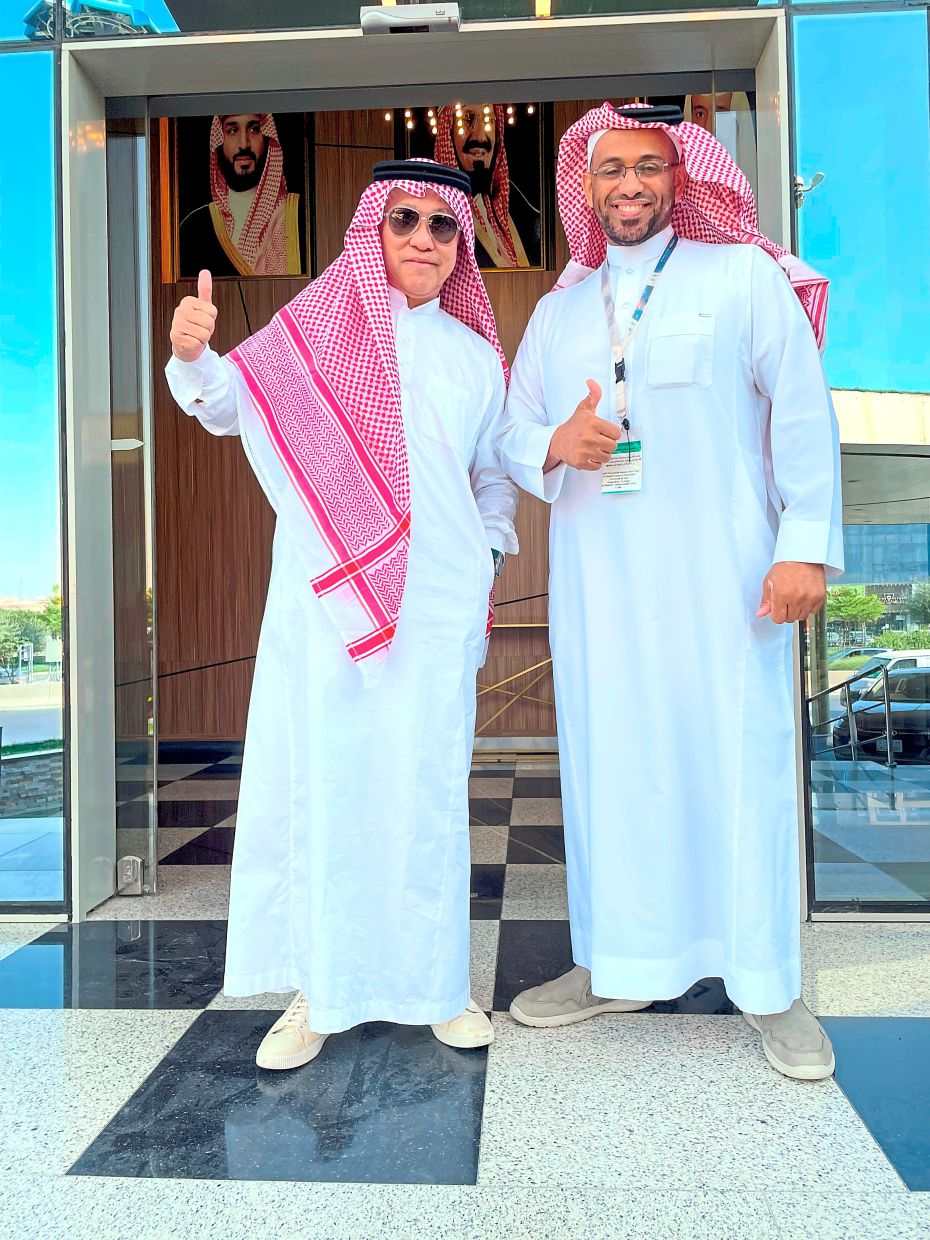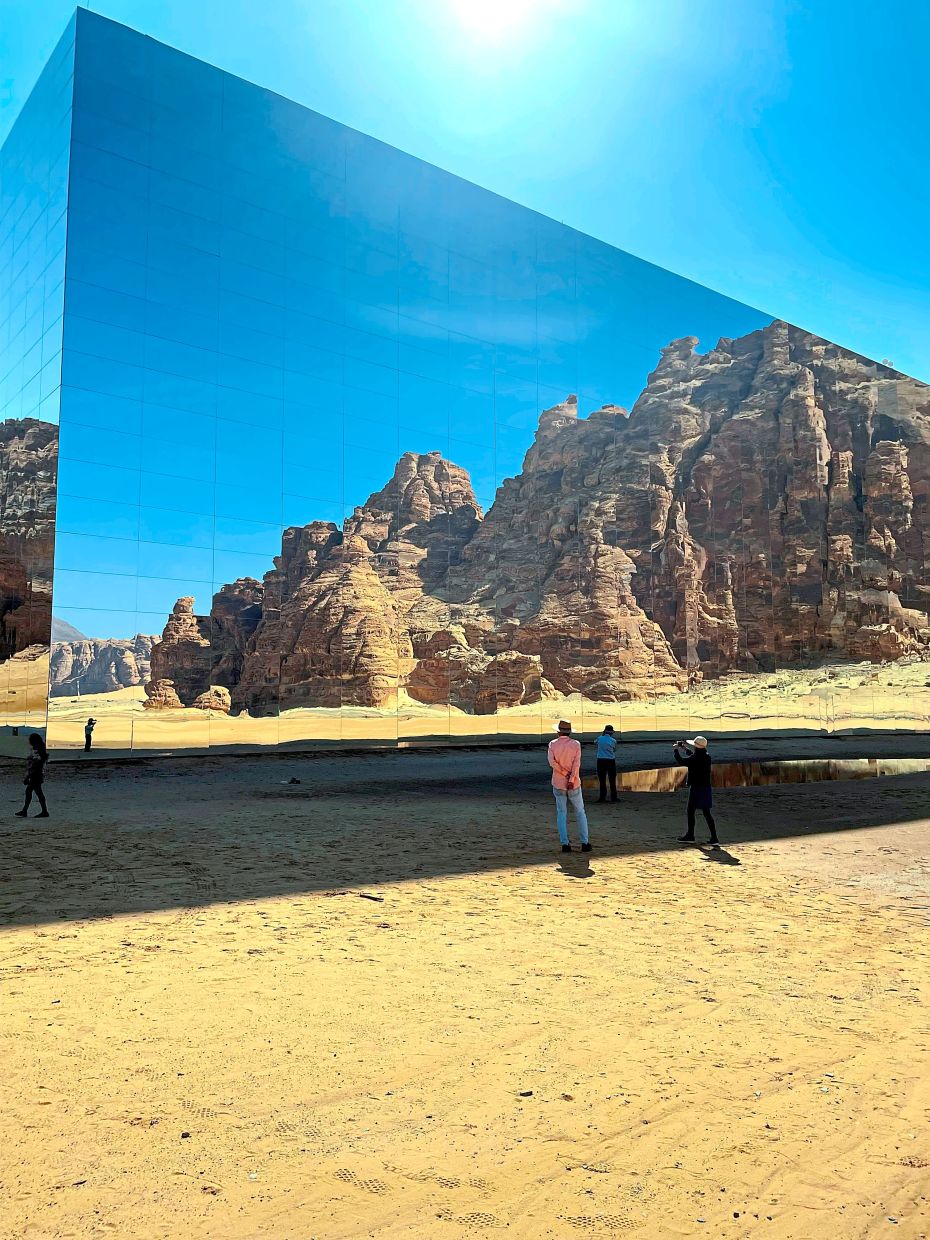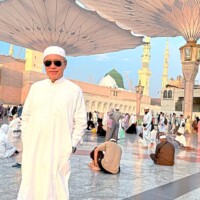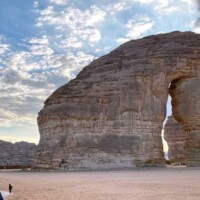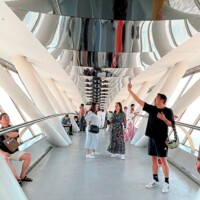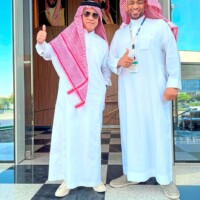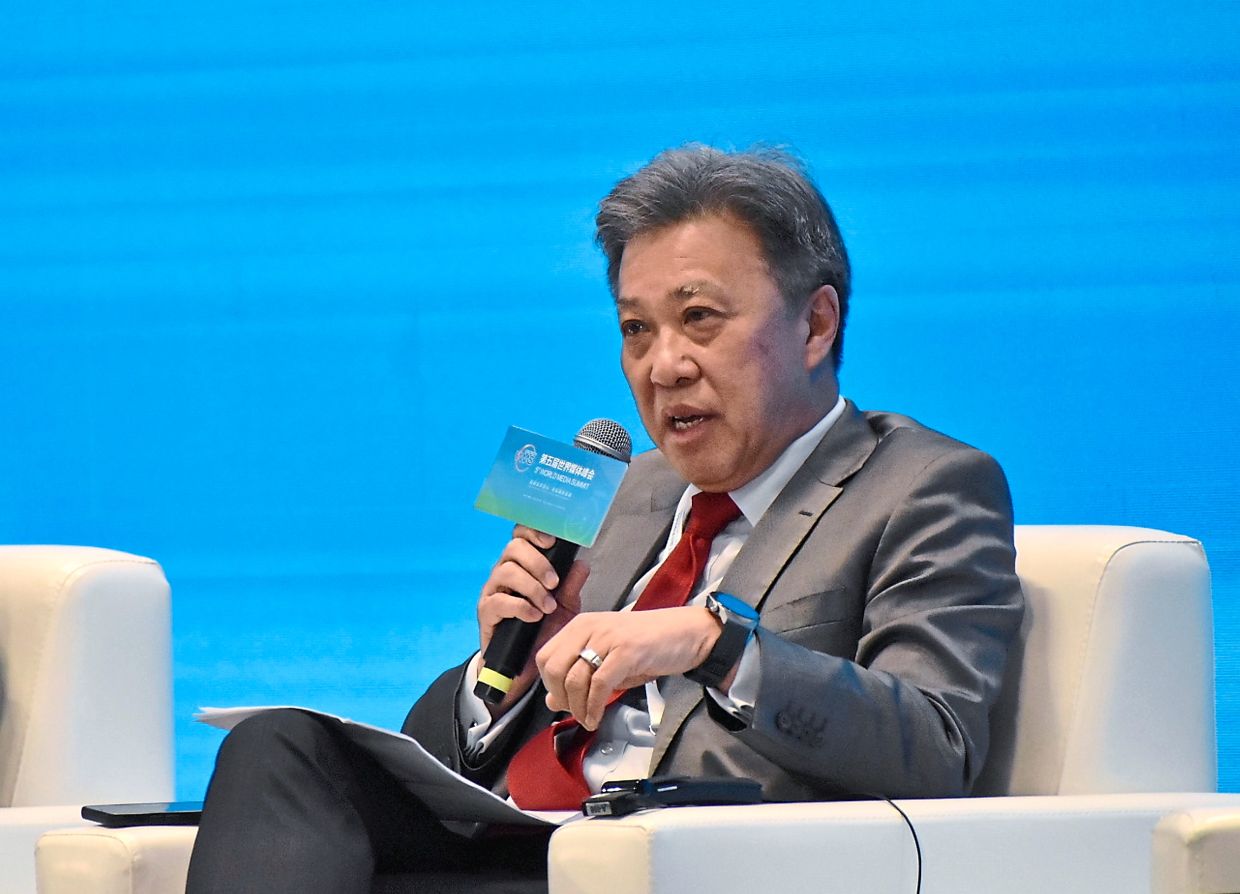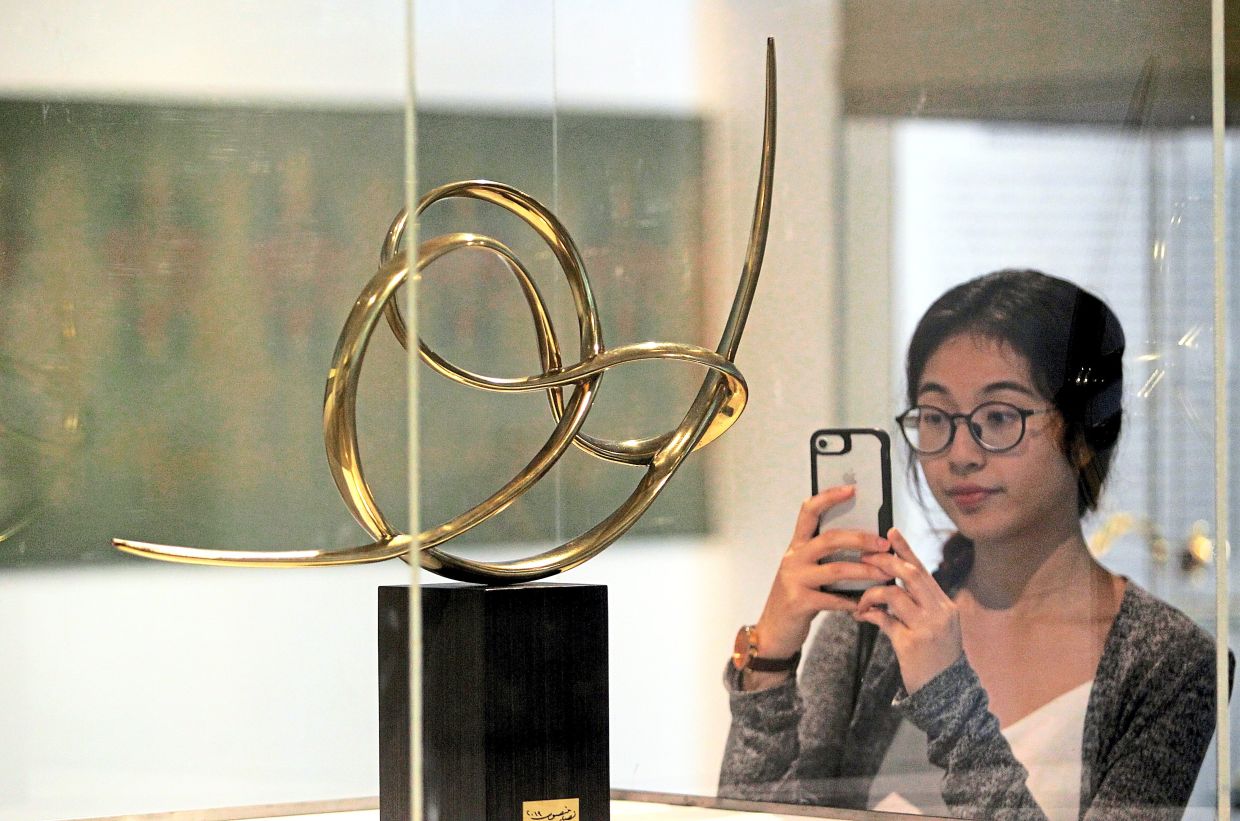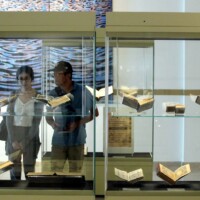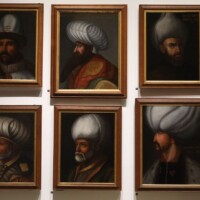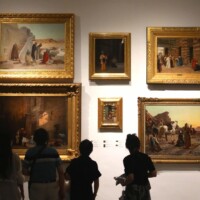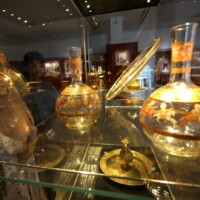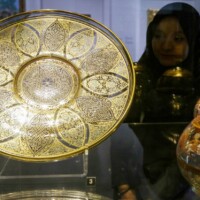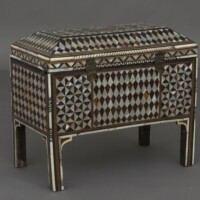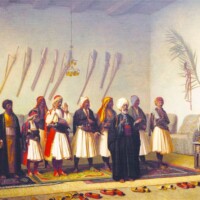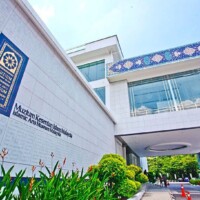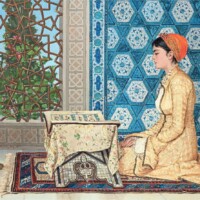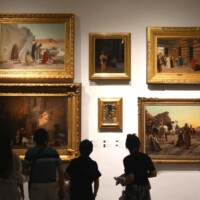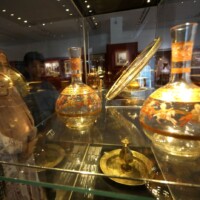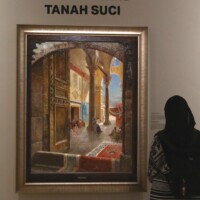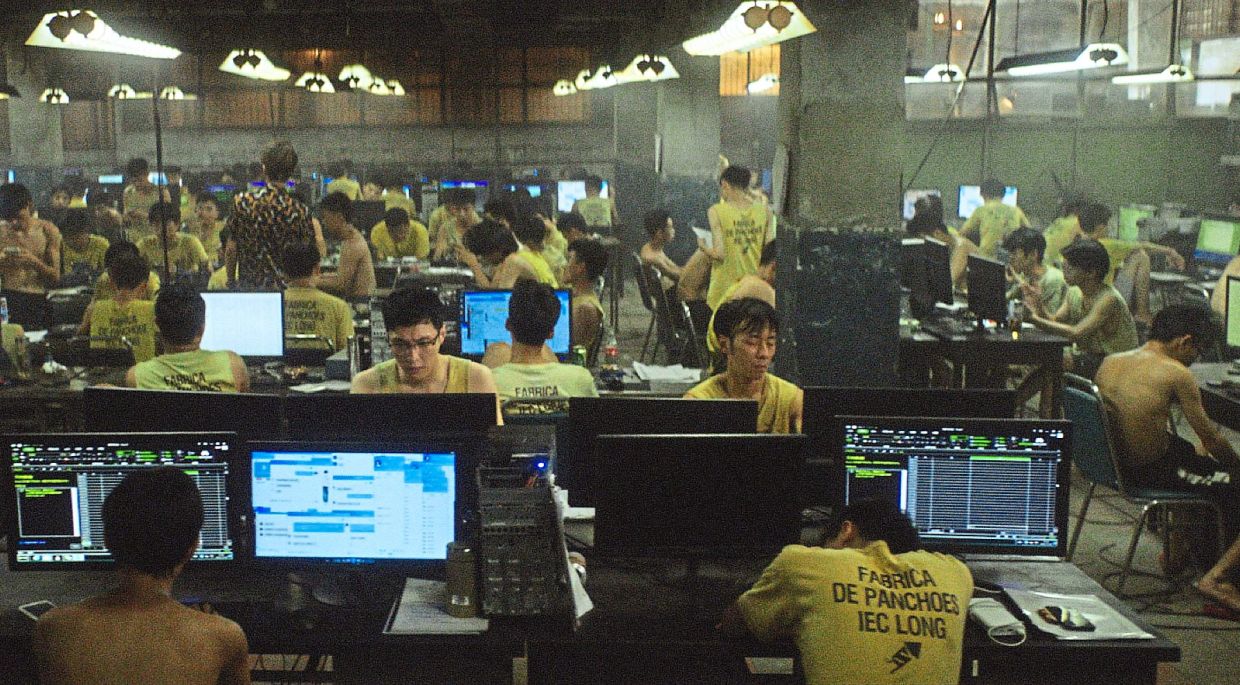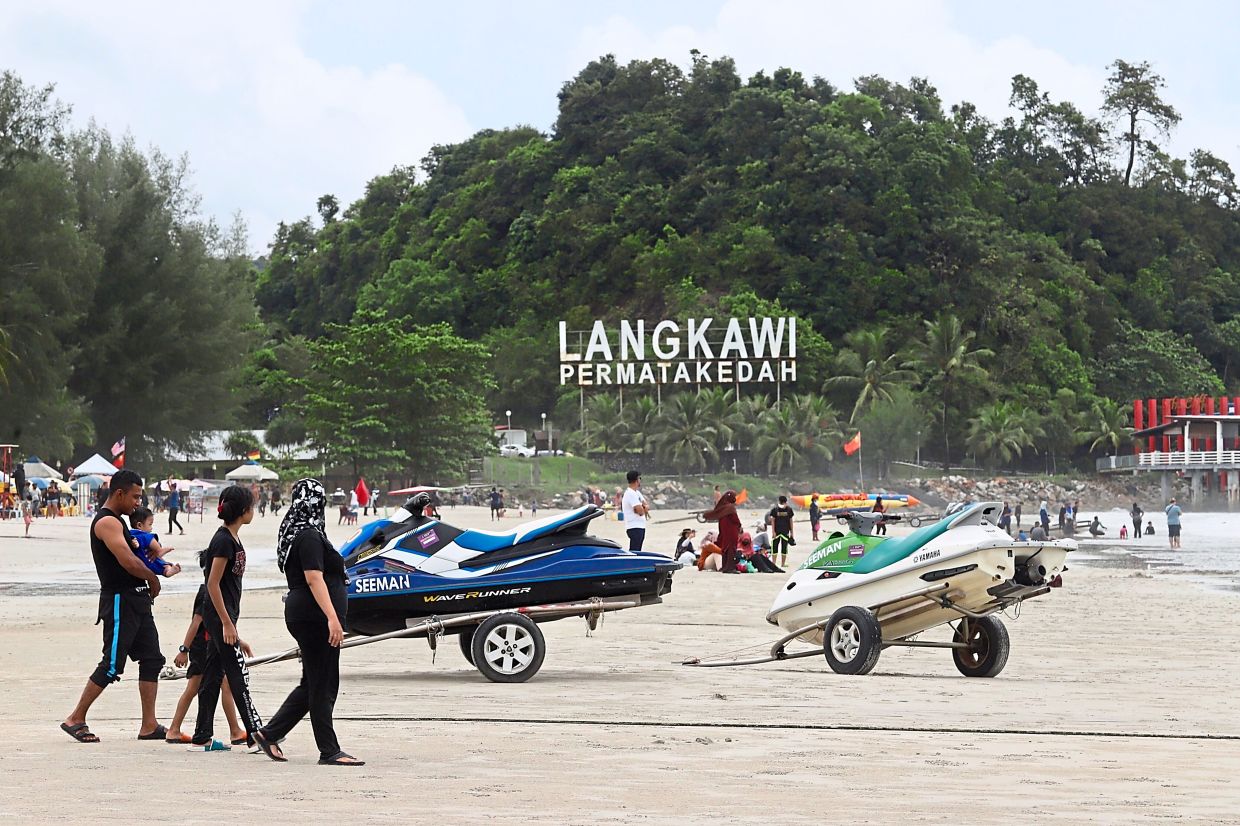MALAYSIA is abuzz with what to expect from Sultan Ibrahim Sultan Iskandar, the new Yang di-Pertuan Agong from Feb 1.
While the Federal Constitution clearly delineates the power and position of the King as the Constitutional Monarch, there’s nothing to stop the Sultan of Johor from being an active King.
His role will certainly go beyond ceremonial duties which include reading out prepared speeches. Despite his assertiveness and blunt statements, His Majesty is aware of his powers and limitations as the King, but it won’t be surprising to see him push the envelope.
The 65-year-old has served notice that he won’t be a puppet king. Rightfully so, because we place a lot of faith in our King and his brother Rulers, especially since our politicians frequently falter and are seemingly incapable of guiding Malaysia out of choppy waters.
Against the backdrop of politicians continually harping on race and religion to win the majority Malay votes, the minorities, feeling uneasy and marginalised, ironically now place our hope in our Rulers, who are the custodians of Islam and Malays.
Yet, these Rulers, including Sultan Ibrahim, openly and continually advocate diversity and moderation, which haven’t struck a chord with aspiring Malay politicians.
Many of our politicians are practically begging us to see them trying to outdo each other in pushing the monoethnic agenda.
In fact, some politicians have made no apologies about diversity not being in their interest.
But let’s not expect Sultan Ibrahim to be a perfect King, either.
He’s a mere mortal with weaknesses, too. But his desire to clean up certain institutions certainly deserves our support.
His intentions are obviously noble. His Majesty is certain to check on the executives, the civil service and even the police, news of which has made many bigwigs quake in their boots.
Corruption has become an entrenched culture, so only the right personalities with a clean track record must be appointed in these enforcement agencies if we’re serious about rehabilitating Malaysia.
We’re desperate because we see our elected representatives and enforcement agencies unable to weed out corruption.
There’s cynicism about the incoming King’s pledge to hunt the corrupt.
But at least we have an unprecedented open pledge from him.
His Majesty, while bound by the Federal Constitution, is serious and determined to cleanse Malaysia.
Take what he has said very seriously because he doesn’t suffer fools gladly.
A storm has brewed over a recent interview with Singapore’s The Straits Times, where he had said that the Malaysian Anti-Corruption Commission (MACC) and Petronas should report directly to him, with some critics jumping to say that’s beyond his jurisdiction.
The King surely doesn’t have that kind of clout. The Federal Constitution has defined his role clearly but what’s not said is that these agencies do, in fact, periodically report to the King, and even other Rulers, to keep them updated.
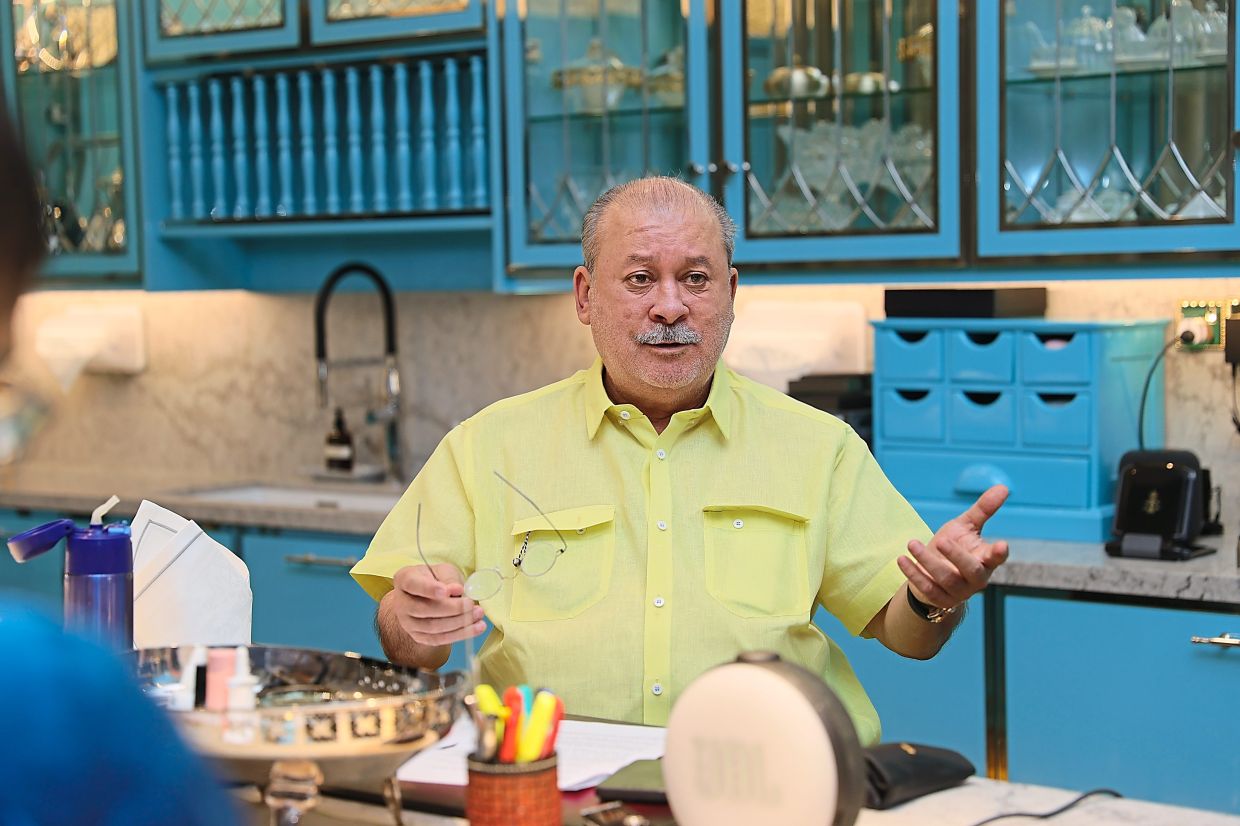
Like his sister the current Queen, Sultan Ibrahim has a culinary passion and often cooks for his staff. — Picture courtesy of Johor Royal Press Office
At the Conference of Rulers, key government officials are often summoned to provide confidential briefings to the Rulers.
While the principle of the separation of powers and the role of Constitutional Monarch are well-defined, there’s nothing to stop the King from calling up the heads of respective enforcement agencies to get a clearer picture of things.
The Prime Minister, for example, must brief the King before the weekly Cabinet meetings and the respective ministers also need to meet with him, particularly when seeking his royal consent for appointments.
What we can be sure of is that Sultan Ibrahim is determined and committed to putting Malaysia on the right track within his power and influence.
He will put the reins on anybody he feels needs it, and he will also be a very well-informed Yang di-Pertuan Agong. Is he as stern as he looks? Absolutely!
Sultan Ibrahim, who has an eye for detail, has said many times that he has his “eyes and ears everywhere” and he’s surely not exaggerating. He’s also able to accept both good and bad news.
But there’s also a side to Tuanku few are privy to. He has an excellent sense of humour and is fond of sharing jokes with his friends and associates.
Like his sister, reigning Raja Permaisuri Agong Tunku Azizah Aminah Maimunah Iskandariah, he has a culinary passion and often cooks for his staff. In one of his residences, a sign which reads “Bistro Ibrahim” is proudly emblazoned in the kitchen.
Tuanku will definitely review our economic performance. While he’s known for his business interest, he will also keep track of the country’s well-being.
He has deep knowledge and experience in commodities, particularly palm oil. A few Ministers and officials who have met him have come out sweating. One Minister sat near the edge of his seat while struggling to answer questions from the Ruler, who does his homework before meetings.
He has the unique honour of being the first King to be fully trained by the army and navy, and is also an air force officer. He has made parachute jumps and even flown helicopters.
He’s all-action, but, above all, well-meaning.


